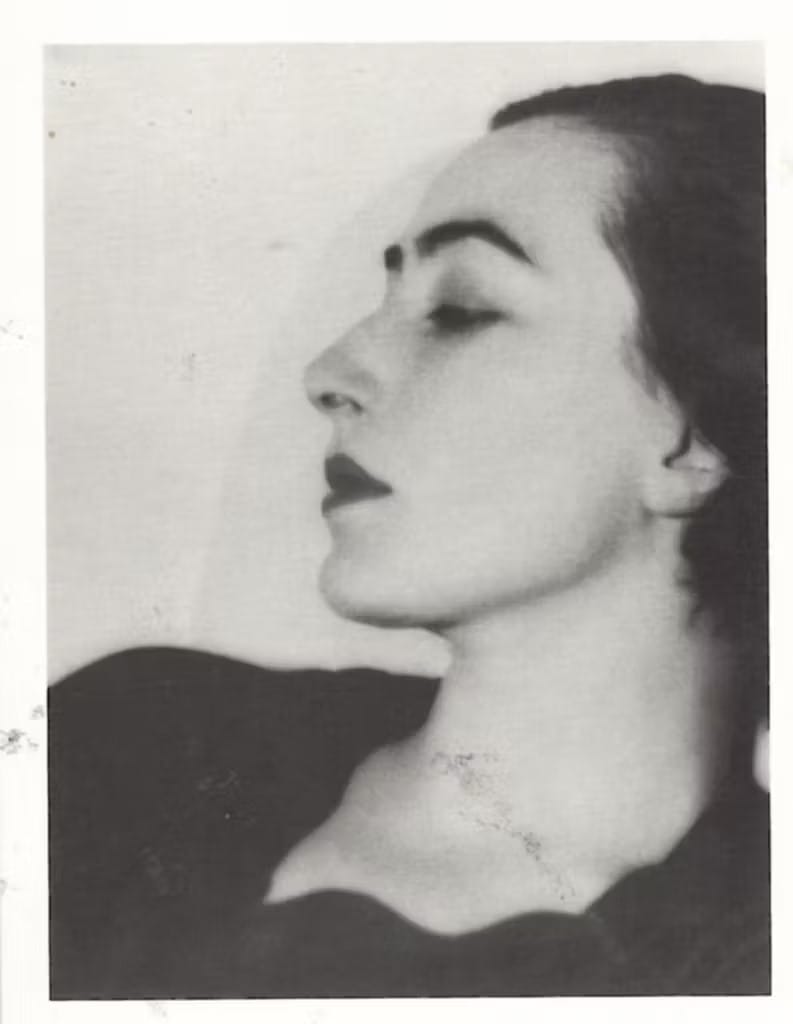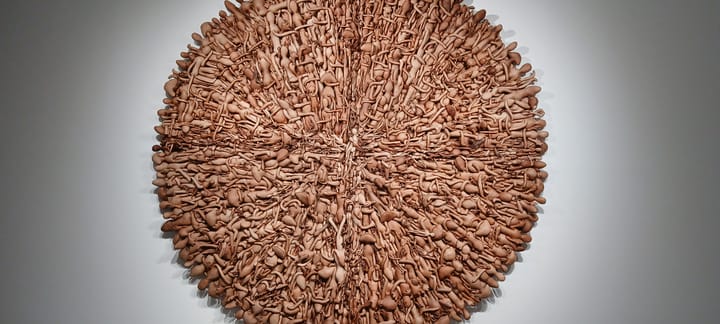from The Music of Time: Poetry in the Twentieth Century by John Burnside, 2019—from Rilke to … Trump’s poem
Just below us, on a rocky outcrop, sits the Burgkirche of Raron, one of a series of extraordinary buildings (churches, town houses and daring bridges over terrifying precipices) designed by the gifted sixteenth-century architect Ulrich Ruffiner. On its own merits the church is well worth a visit, though it is not what remains of the fine murals, or the intricate wood carvings, that draws thousands of visitors every year, but the last resting place of the poet Rainer Maria Rilke, a writer all too frequently misunderstood, by admirers and detractors alike, as ‘metaphysical,’ ‘mystical’ or even conventionally religious. Such designations are ironic when applied to a man who, in an early work, addresses the divinity as ‘Du, nachbar, Gott’ and wrote, in a letter sent to a young friend towards the end of his life:
I have never drawn distinct boundaries between body, mind and spirit: each has given active service to the other and each has been precious to me … so it would be a very strange and novel thing to do if I were to confront my sickly, failing body with a definitive religious principle.
That Rilke loved the things of this world, that he valued the physical as much as the spiritual and saw no meaningful division between the two, is borne out by the headstone that marks the grave, a simple slab of local stone set in its own diminutive walled garden and inscribed only with his name and three lines of verse —
Rose, oh reiner Widerspruch, Lust,
Niemandes Schlaf zu sein unter soviel
Lidern
— which translate (inelegantly) as ‘Rose, oh pure contradiction, Joy, to be nobody’s sleep under so many eyelids.’ These lines, like the burial site, were chosen by Rilke himself …
[His] love of roses is enshrined in the legend of his death, told here by William H. Gass:
The myth concerning the onset of his illness was, even among his myths, the most remarkable. To honor a visitor, the Egyptian beauty Nimet Eloui, Rilke gathered some roses from his garden. While doing so, he pricked his hand on a thorn. This small wound failed to heal, grew rapidly worse, soon his entire arm was swollen, and his other arm became infected as well. According to the preferred story, this was the way Rilke’s disease announced itself, although Ralph Freedman, his judicious and most recent biographer, puts that melancholy event more than a year earlier.

— the photograph of Nimet Eloui Bey, taken in 1930, is by Lee Miller, to which a sad story attaches: it was Nimet Eloui’s discovery of Miller’s affair with her husband that led to her suicide.
…
John Burnside:
On several occasions during the 2016 presidential race Donald Trump made reference (and one occasion, recited the full lyric) to a ‘poem’ that he said was written by Al Wilson ‘a long time ago.’ (The ‘poem’ was, in fact, a song written and recorded by the poet, playwright and civil rights activist Oscar Brown Jr, in 1963, though Wilson’s version won it a new following, especially among British Northern Soul fans, in the late 1960s.) It’s a fun piece, with a talking-point sting in the tail about a ‘tender woman’ who finds a half-dead snake ‘all frosted with the dew’ and decides to take it in and care for it. This she does, wrapping the creature in silk, warming it by the fire and feeding it on milk and honey. Soon the animal is restored to its original, seductive beauty–so much so that the woman clutches him to her, stroking his ‘pretty skin’ and holding him tight (the sexual innuendos are in no way subtle), but the snake responds by biting her. Naturally, the woman protests: how could he have betrayed her so, when he knows his bite is fatal? To this, the snake replies that the woman should stop complaining: after all, she knew he was a snake when she took him in.
There is a great deal of wit in the song, not so much in the sexual innuendo as in the way the refrain ‘Take me in, tender woman’ modulates from an innocent appeal for mercy and shelter through erotic play to the bitter fact that, whether she chooses it or not, the woman’s body is bound to absorb the snake’s venom. All the while, of course, she herself is being ‘taken in,’ in the sense of being deceived, led down the garden path, seduced and then betrayed, as Eve was by the Serpent in the garden–and this, predictably, is the aspect of the poem / song that Trump picked up on. (He even interrupted his recitation with asides such as ‘the Border’ and references to Homeland Security.) The tender woman is the United States, a nation apparently too kind for its own good; the snake represents a catalogue of refugees, asylum seekers and migrants, ‘poor’ people who cry out for shelter, much like the tired and huddled masses immortalised by Emma Lazarus’s poem ‘The New Colossus’ at the Statue of Liberty (and listening to Trump say the word ‘poor’ is instructive: he can barely conceal his contempt). Yet, while this performance was genuinely repulsive, it was also somewhat, if rather bitterly, amusing. To watch the candidate responsible for this revealing faux pas eventually rise to the position of president was disturbing, to say the least; but it is profoundly ironic, in that context, to think, not only that the original song was composed as a comic cautionary tale about the unreliability of sexual predators but also that the lyricist was a known civil rights activist and communist, whose musical Big Time Buck White, based on the Black Power-inspired play by Joseph Dolan Tuotti, briefly featured Muhammad Ali in the title role–complete with outsize Afro wig–during its Broadway run.


